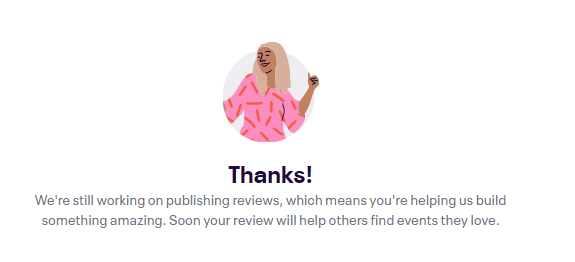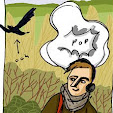We were down the pub this week talking about being in the middle of micro-sub-divisions of technical tasks. Quality assurance, error testing, version control. Passing chunks of developing digital infrastructure back and forth without bloating, ballooning or dropping important functions out through suddenly compromised bottoms. Of the peculiar, impossible joy of building on skittish foundations that upgrade and sidegrade and downgrade around you, endlessly.
And then back to work, like you do, and trying to figure out how to break into a useful webinar that you've certainly signed up for and that will be useful because the ideas in the public-private-academic sphere this year will wash up on the operational-functional-design shore next year, or likely sooner.
This combination of booking system and delivery system had been playing nicely last time I used it, but today was just offering a momentary glimpse of a light grey square, vanishing into whitespace. I tried again a few times, like you always do, pavlov-trained by the sometimes-that-works effect.
Then I noticed that someone had rapidly edited the last of the four invitation emails to include a directlink to seminar. Great. I swifted through the hack-run needed to access this particular video conferencing tool from inside secure virtual network and arrived only half a sentence late.
The following day I got a rating email, and mistaking this for being from the organisers, filled it in and submitted it, at which point I was taken to a page on the booking website, where I could fill it in and add a comment, and at the end of this process I was given this message:
The rating system was as detached as everything else. Not, I suspect, that you couldn't set it all up to work seamlessly and tidily, but that's not in the bare minimum needed to make it work; and if it was, that would mark a fall-off point, a too-much-bother moment for the person who absolutely, yes, could work out how everything works given will enough and time.And then, today, back to work, like you do, and signing up for a conference via a terrifying sawn-off, hacked together e-booking system full of more red flags than a rebound date with a problematic ex-partner. Because, you know welcome to the world of not being able to finish




